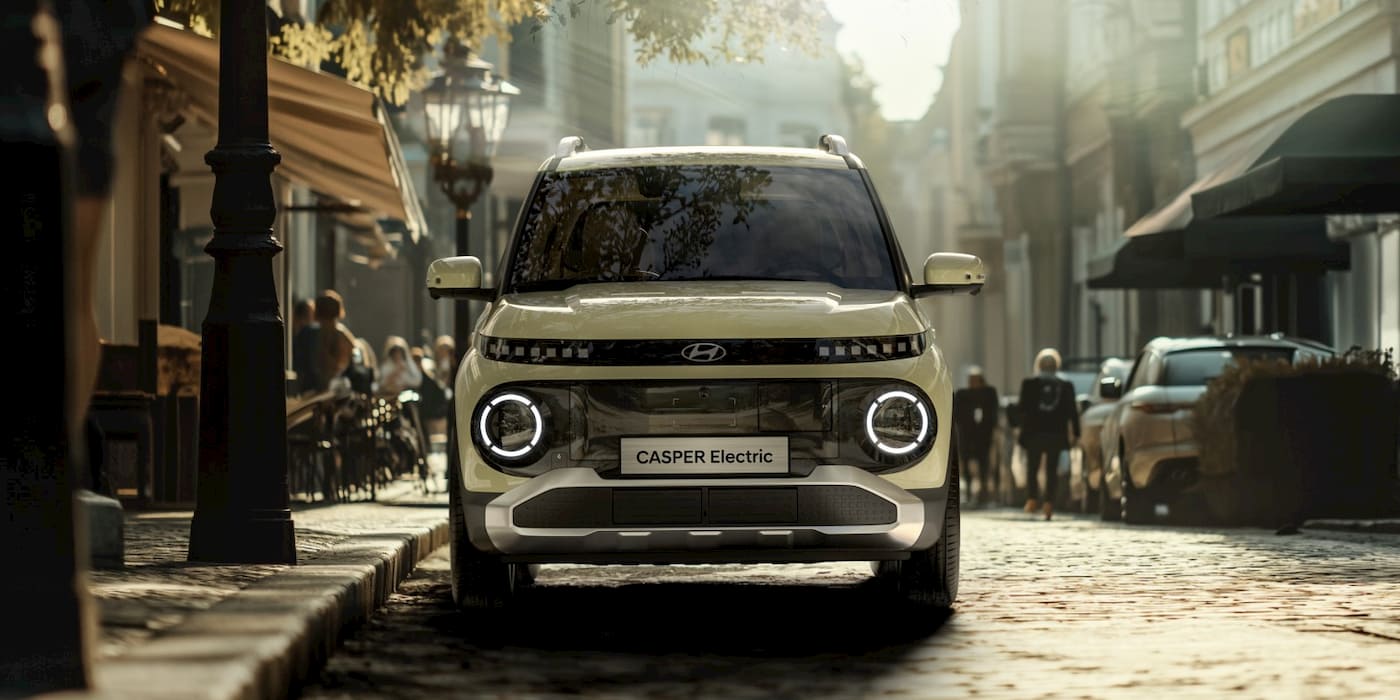
Hyundai is upping the ante on China’s leading EV maker with plans to dish out $28 million (1 billion baht) on a new EV assembly and battery plant in Thailand. BYD is leading the “Detroit of Asia’s” surging EV market, but Hyundai looks to grab its share.
Hyundai to fend off BYD with EV plant in Thailand
With EV sales surging in Thailand, Hyundai wants in on the action. On Wednesday, the Thailand Board of Investment (BOI) approved a $28 million (1 billion baht) investment from Hyundai’s subsidiary.
“Thailand’s strong existing supply chain will allow Hyundai to source not less than a third of the raw materials and parts it needs from within Thailand, thus supporting the local industry,” Mr. Narit Therdsteerasukdi, Secretary General of the BOI, explained.
The investment will be used to establish a new EV assembly and battery plant in the nation, starting in 2026.
Hyundai will work with Thonburi Automotive Assembly Plant Co. as a strategic business partner to gain a foothold in the nation.
Hyundai’s EV plant comes as Thailand’s auto market quickly shifts to electric vehicles. Although Japanese automakers, like Toyota and Nissan, have historically dominated the Thai auto market, Chinese EV markers are rapidly stealing market share.
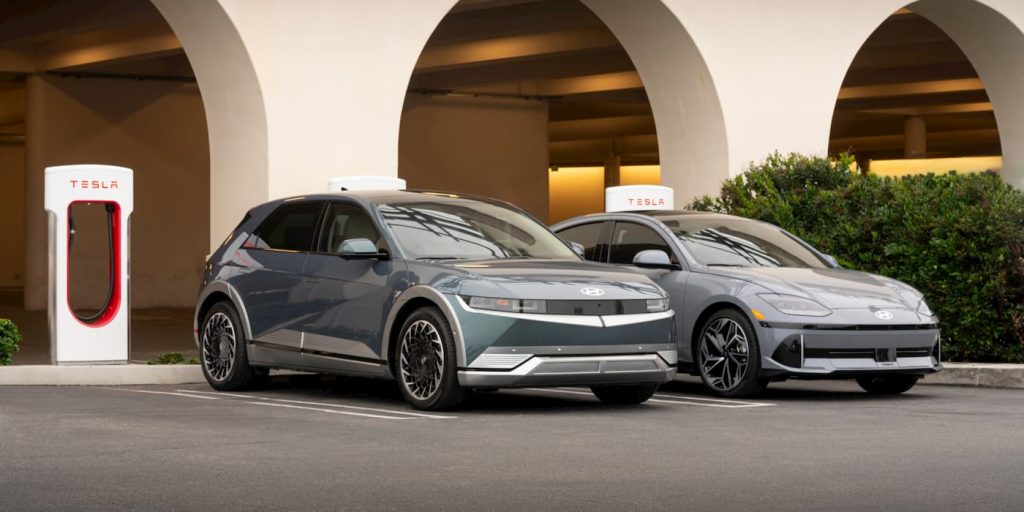
BYD leads Thailand’s booming EV market
With nearly 30,000 electric cars sold in Thailand last year, BYD was the top-selling EV brand in the nation. And that’s after entering the market just two years ago.
BYD has maintained its momentum in 2024 with a 46% share of Thailand’s EV sales in the first quarter. According to global market research firm Counterpoint, BYD is already the nation’s third-largest passenger car brand (EV or gas).
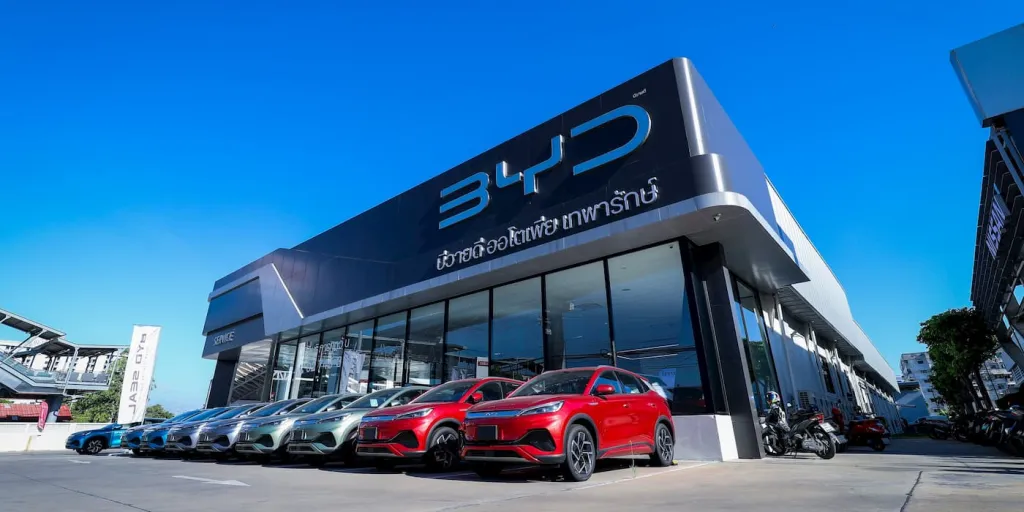
After breaking ground last March, BYD officially opened its first EV plant in Thailand on July 4, 2024. Once operational, the facility will crank out 150,000 vehicles annually.
Known as the “Detroit of Asia,” Thailand’s EV sales have slowed some due to a weakening economy, but they are still up 50% compared to last year.
Thailand set an ambitious goal in 2021: By the end of the decade, 30% of vehicles made in the nation will be electric.
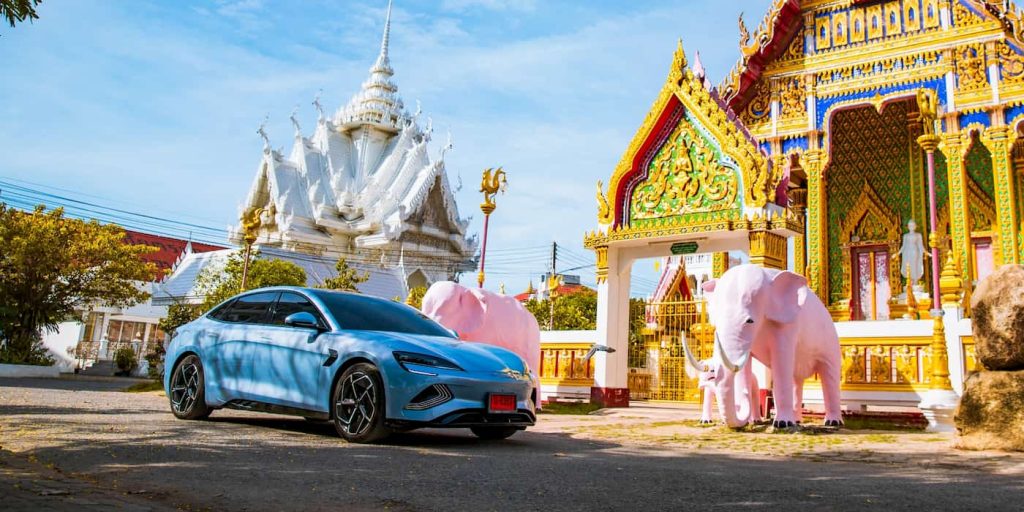
Under its 30@30 plan, Thailand aims to secure its position as an EV hub for the future. Thailand is already the largest auto manufacturing nation in Southeast Asia and ranks in the top 10 globally.
The BOI has approved over $2.2 billion (80 billion baht) in EV supply chain investments. Meanwhile, 18 manufacturers from China, Japan, and Europe are already building EVs in Thailand or plan to in the next two years.
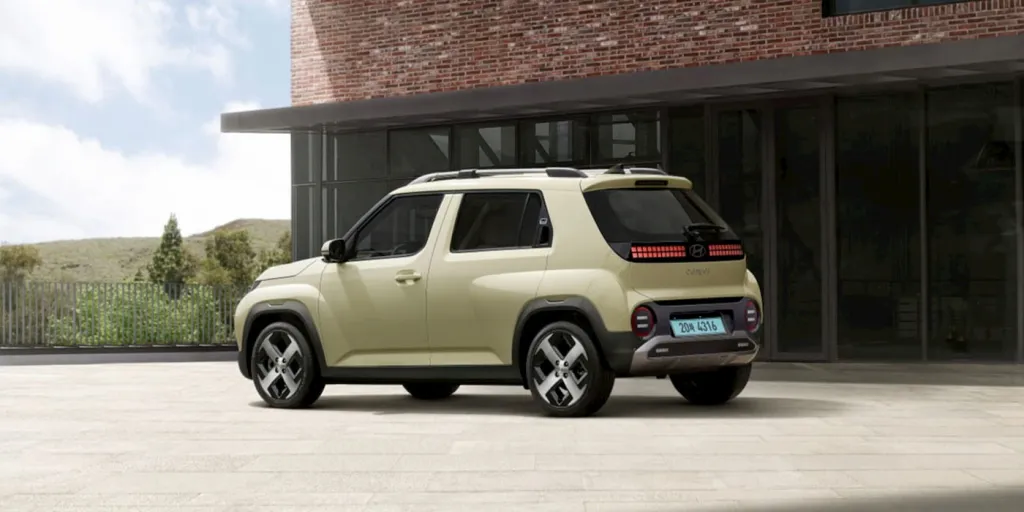
Hyundai and BYD will help lead Thailand’s transition to electric vehicles, leaving gas cars behind.
Although BYD is known for low-cost EVs, Hyundai opened orders for its new Casper Electric, starting at just $23,000 (31.5 million won) in Korea. With rebates, Hyundai said the Casper EV can be bought for as little as $14,500 (20 million won).
Electrek’s Take
After traveling all over Thailand on my honeymoon in May, I can say Chinese EVs are officially taking over.
BYD Atto 3s and Dolphin models are taking over the streets of Thailand. Although the majority of the cars on the road (not two-wheelers) were still Japanese, the emergence of Chinese EVs cannot be missed.
Thailand is filled with signs promoting Chinese EVs from BYD, MG, and even XPeng. You see advertisements in the airport, on highways, and in other high-traffic areas.
With the competition intensifying after aggressive price cuts in China, EV makers are expanding overseas, and Thailand is a hot spot. Japanese imports like Toyota and Nissan have historically dominated Thailand’s auto market. However, the arrival of Chinese EVs is causing a drastic shake-up.
Japanese automakers have been some of the slowest to transition to EVs and are paying for it in China and Southeast Asia, two of their most critical markets.
Hyundai and BYD are taking advantage of Thailand’s aggressive EV goals with plans to set up shop in the region. I would expect to see EV adoption accelerating over the next few years in Thailand as gas-powered cars are phased out.
FTC: We use income earning auto affiliate links. More.



Comments